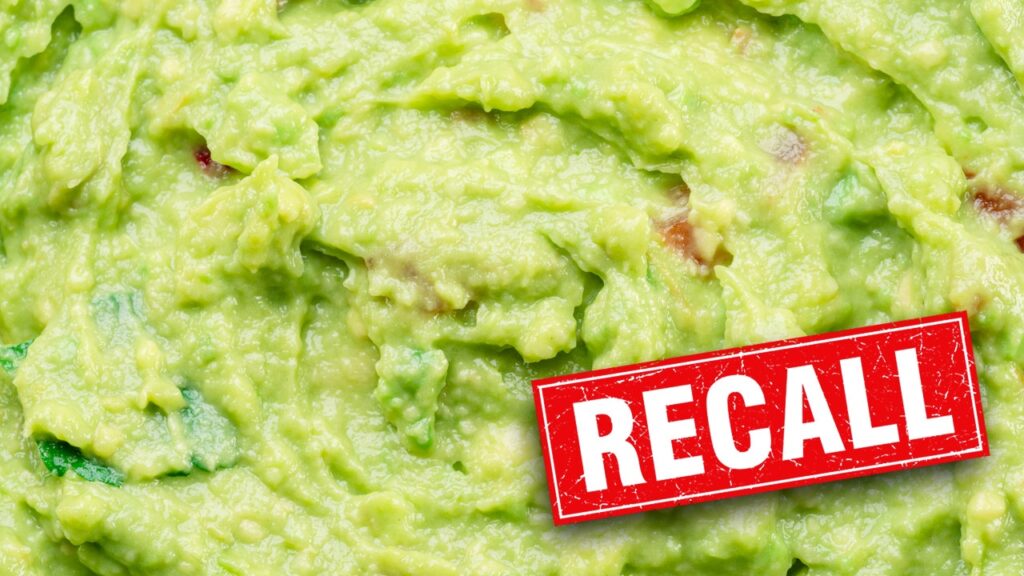
Anna Moneymaker/Getty Images

Anna Moneymaker/Getty Images
The U.S. economy is breathing a little easier after the International Longshoremen’s Association reached a tentative agreement last week with the United States Maritime Alliance. The short-lived dockworkers strike reignited a debate over whether the president ought to intervene, invoking an old law on the books called the Taft-Hartley Act. On today’s show, we explain what the Taft-Hartley Act is, why it was created and why it’s still scorned by unions.
Related episodes:
What the data reveal about labor strikes (Apple / Spotify)
Why residuals are taking center stage in actors’ strike (Apple / Spotify)
The never-ending strike (Apple / Spotify)
The strike that changed U.S. labor
For sponsor-free episodes of The Indicator from Planet Money, subscribe to Planet Money+ via Apple Podcasts or at plus.npr.org.
Music by Drop Electric. Find us: TikTok, Instagram, Facebook, Newsletter.



